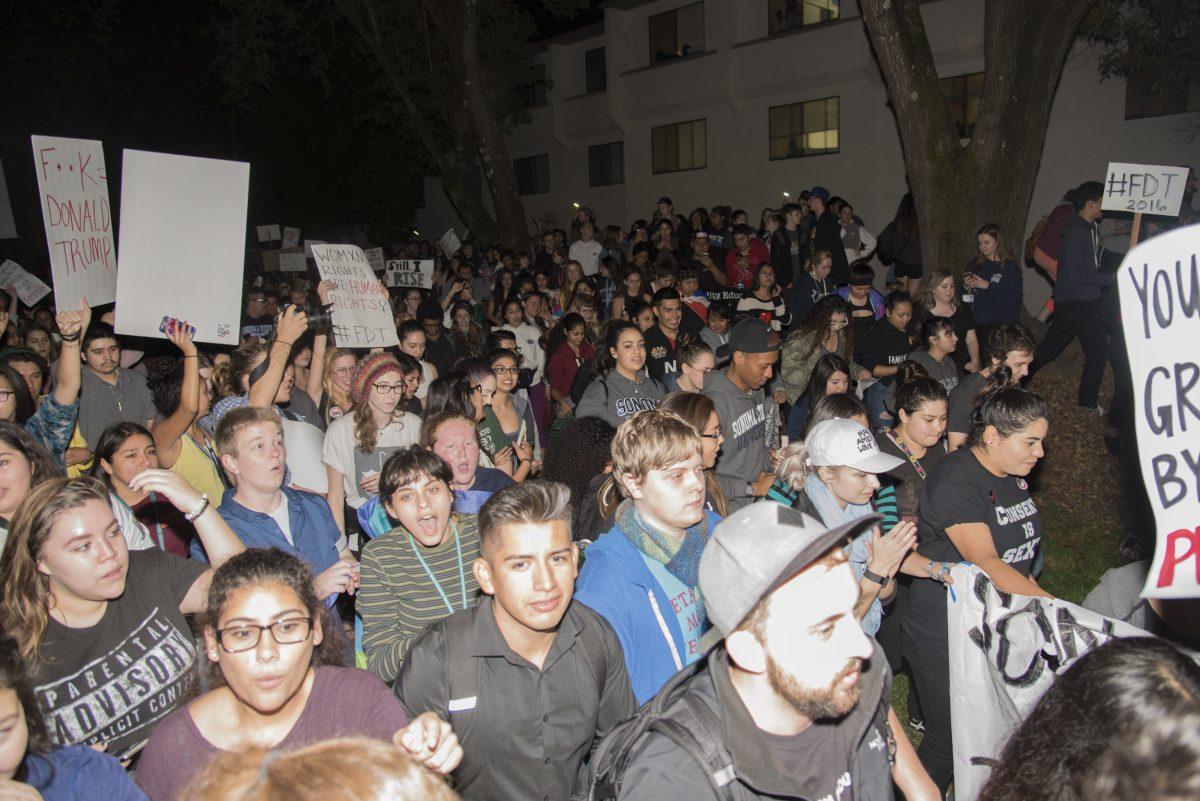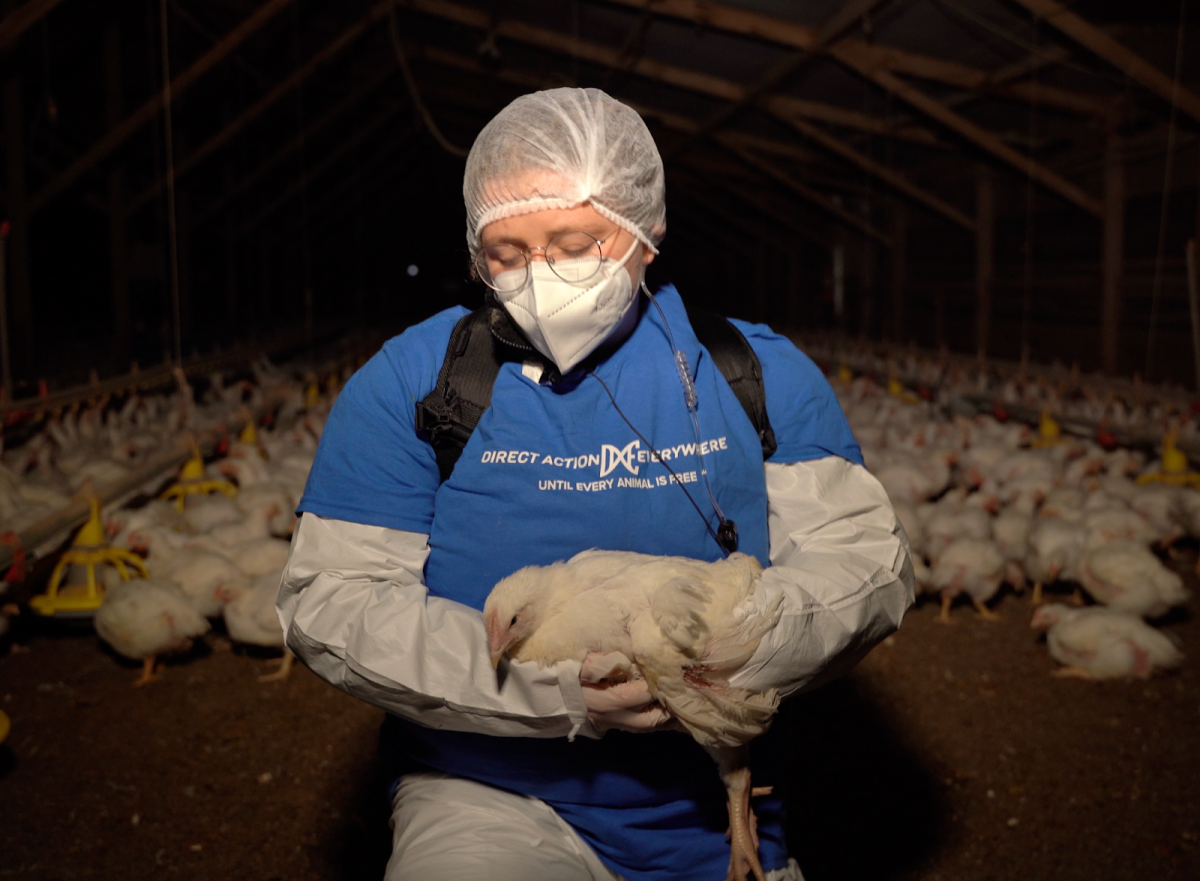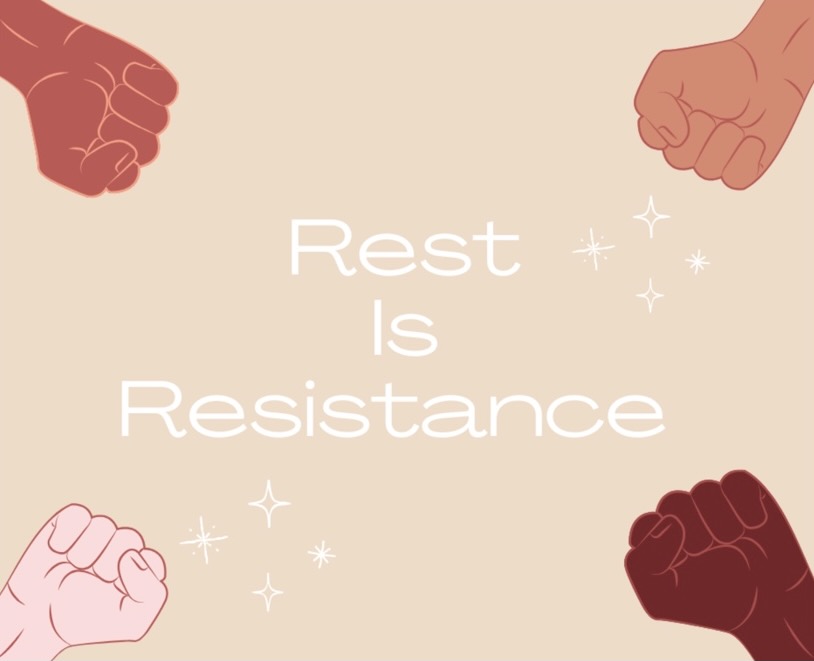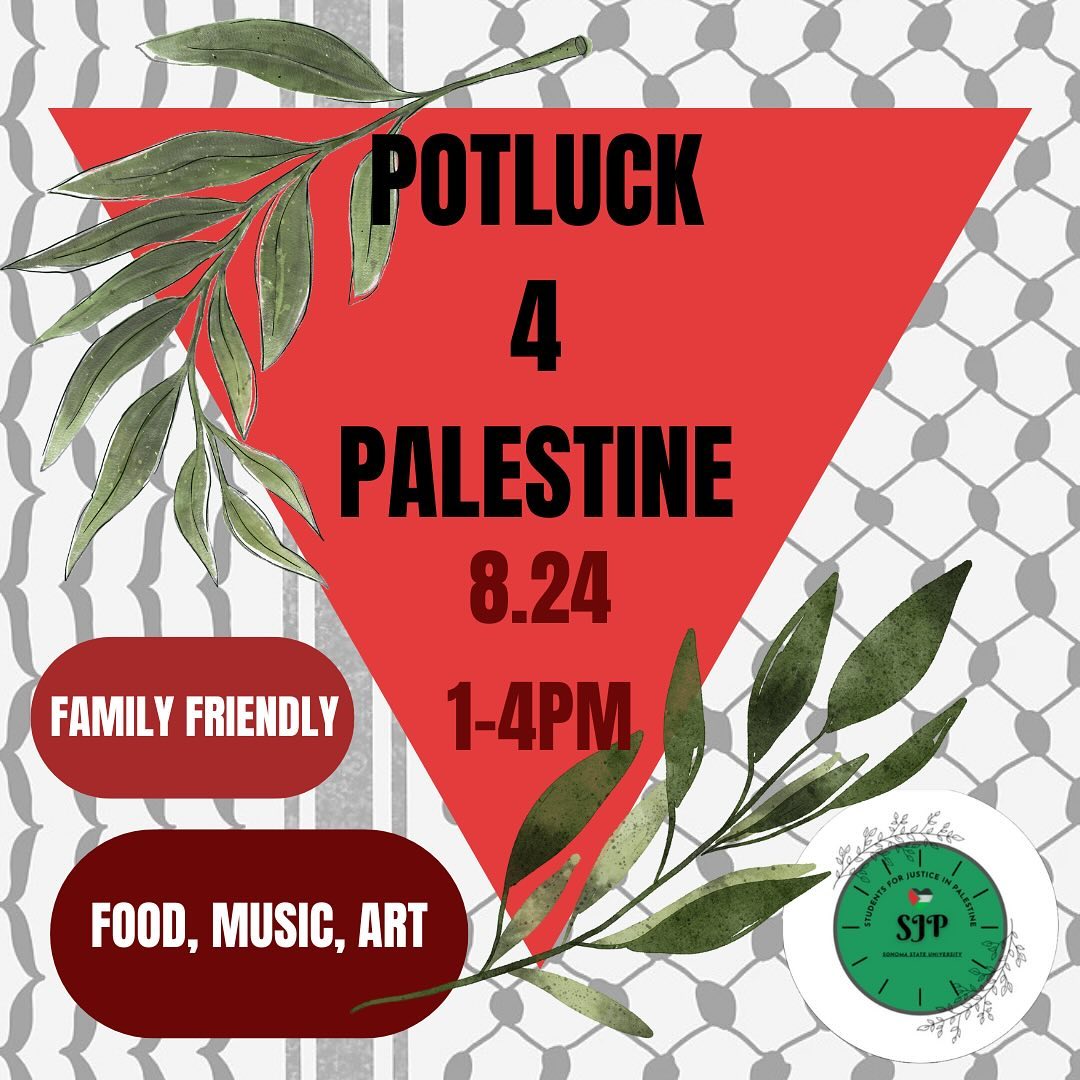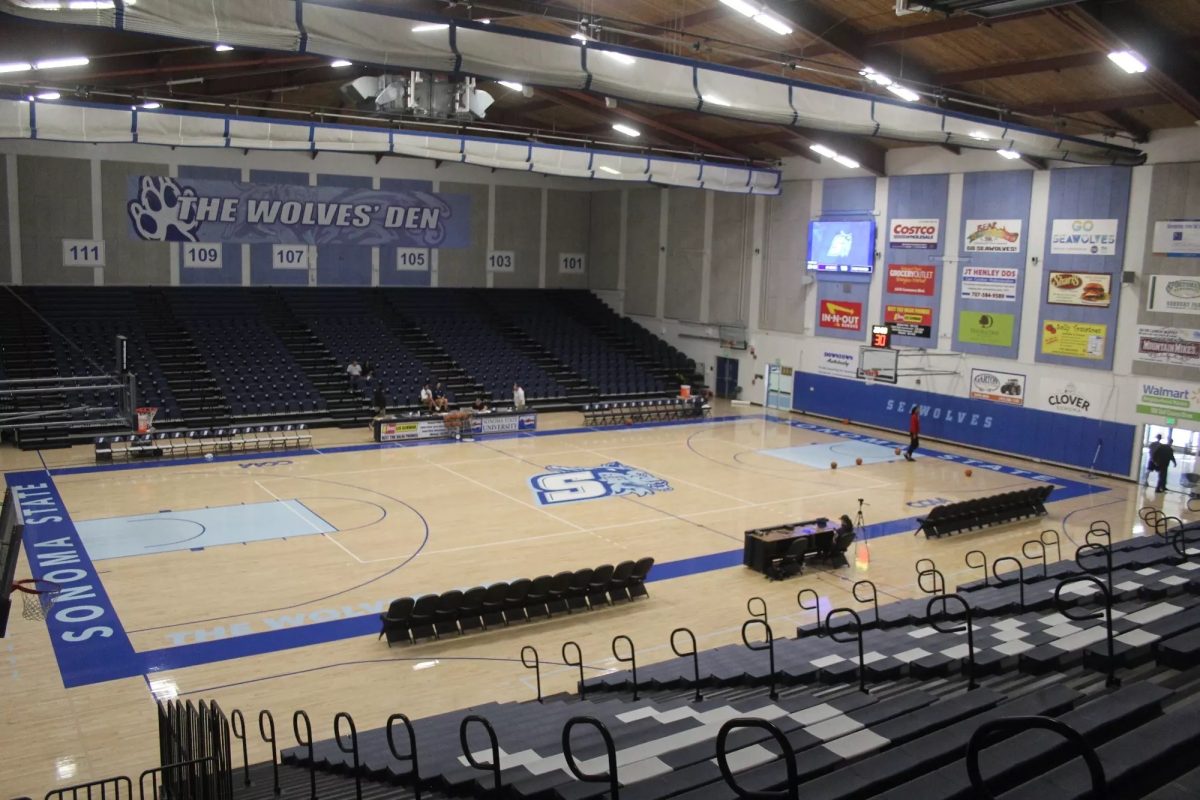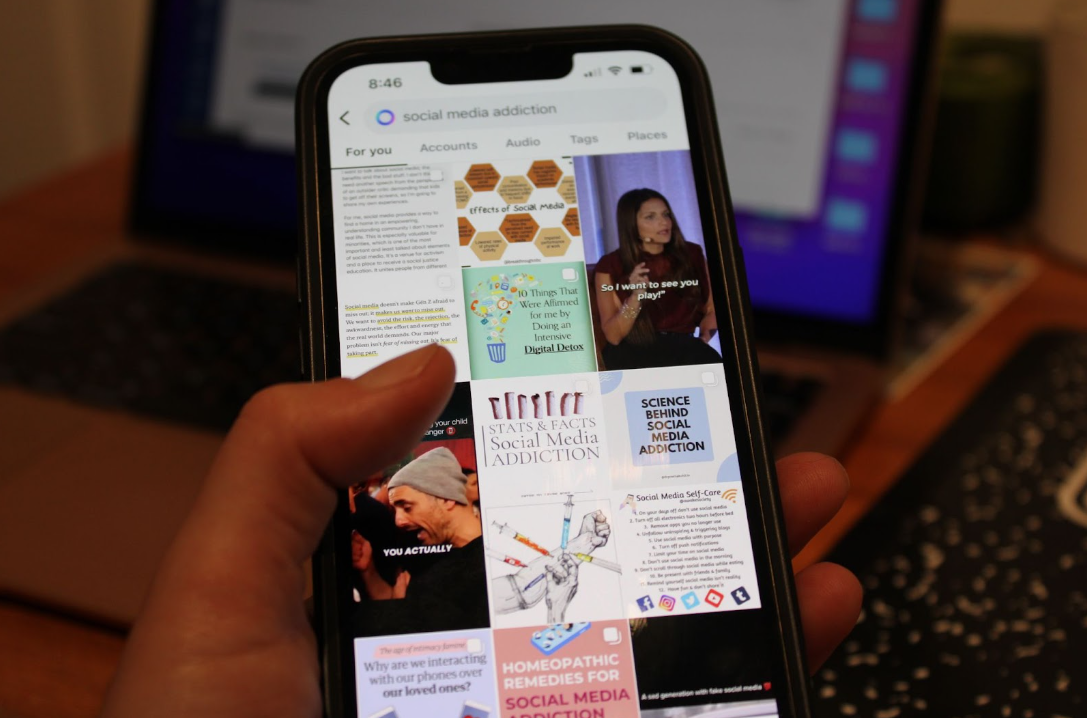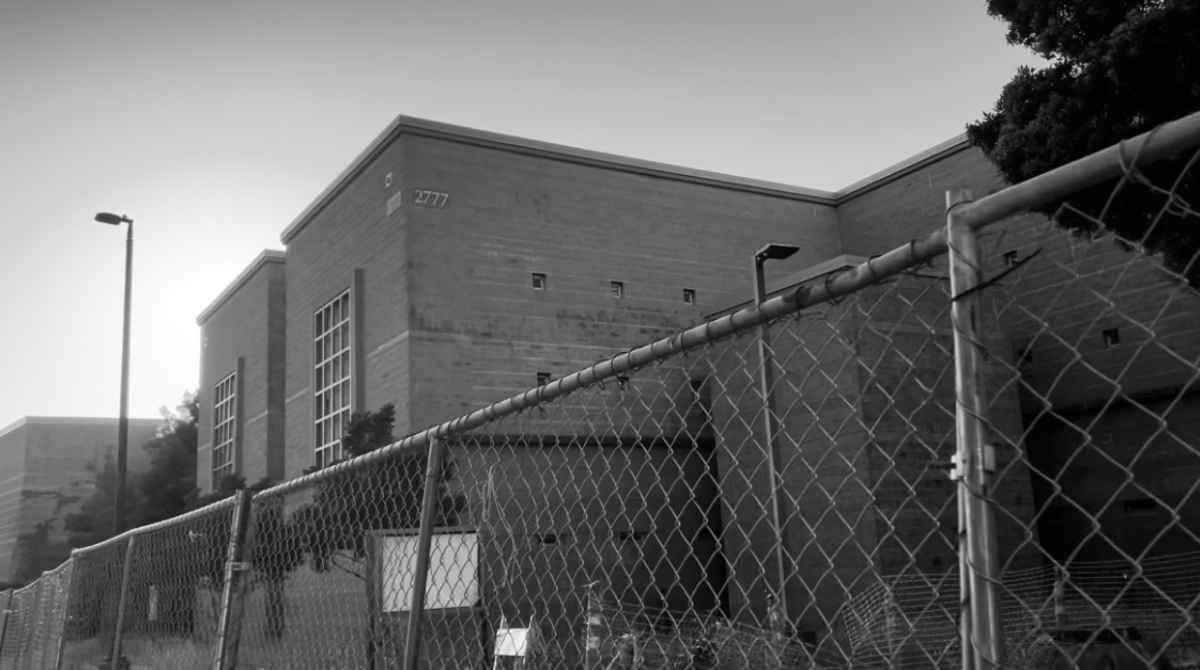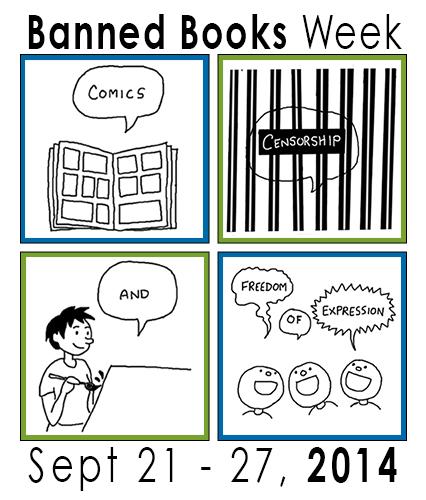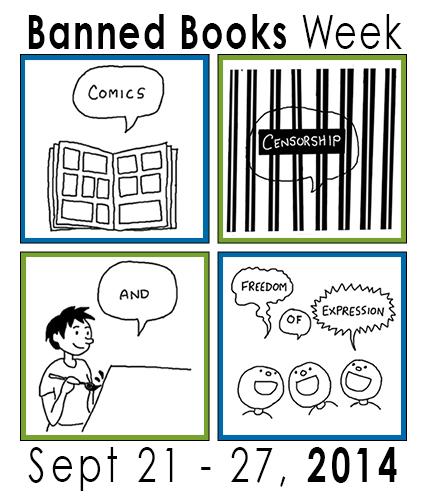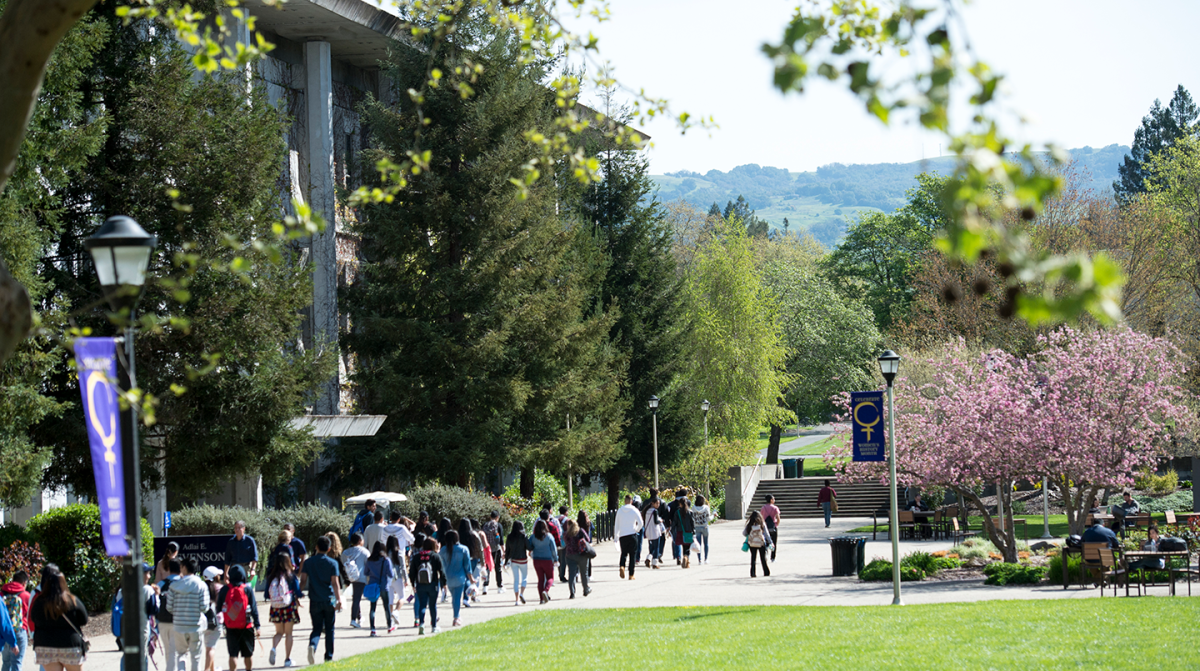Each year, hundreds of books are challenged and banned from libraries across the United States. This week, Sonoma State University Library celebrates the 34th annual Banned Books Week. Banned Books Week helps bring the censorship to attention and celebrates the freedom to read.
“We should not have any restrictions on any information or book because of our First Amendment rights,” said junior Amber Ellico. “I feel that banning books takes away our freedom to read and obtain information for our own purposes. A lot of books have helped develop our culture and who we are.”
The library is hosting events all week including workshops, lectures, displays and other multi-format posts for students to attend. These events are all focused on the theme of this year’s Banned Books Week, which is the censorship of comics and graphic novels. Some frequently challenged comics include Stan Lee and Steve Ditko’s “The Amazing Spider Man” and Dav Pilkey’s “Captain Underpants.”
Today at 4 p.m., there will be a discussion called “Comics, Censorship and Freedom of Expression held in Schultz 3001. There will be a panel consisting of an award winning cartoonist, a comic book store owner and a director of liberal studies leading a discussion about the history of censorship in comics and it affects how these stories are told.
A more hands on activity called “Create Comics: Tell Your Story in Words and Pictures will be on Friday at 1 p.m., in Shultz 2016A. This workshop will allow students to learn cartooning techniques and have a chance to tell their story through the art of cartooning. There is no experience necessary to participate in this workshop.
“I had not really heard of the Banned Books Week events at school, but I would be really interested in going,” said Ellico. “I think that this should be advertised more for the students.”
Although this year’s Banned Books Week is focusing on comic books and graphic novels, there have been many other noteworthy challenged, banned books. Classics such as Mark Twain’s “The Adventures of Huckleberry Finn,” which is one of the most challenged books of all time, J.D. Salinger’s “The Catcher in the Rye” and F. Scott Fitzgerald’s “The Great Gatsby” all have been banned in libraries across the United States. These books were challenged for reasons such as being racially insensitive, undermining morality, obscene language and for references to sex.
“One of my favorite banned books is ‘To Kill a Mockingbird,’” said junior Rachel Fonseed. “We read it in high school and our teacher had to warn us about the profanity and racial slurs before we could read it.”
Each and every year, books are challenged all over the United States. Banning a book means that a book is censored by authority, such as the government, a library or a school system. A book that has been banned is actually removed from the library or school system completely.
As a school, Sonoma State is celebrating the freedom to read that is often taken for granted. During this week, the University Library will also be featuring displays that share information about censorship in all types of media.
To find out more about the Banned Books Week activities at Sonoma State, go to sonoma.edu/workplace/2014/09/16/library.html.


